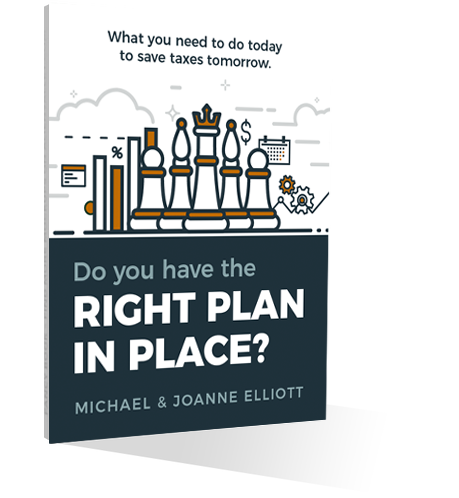|
|
The tax appeal process can be a confusing, time-consuming chore for the association representative.We understand the challenges you face as an association representatives, that’s why we give you the information you need when you need it. We simplify the tax appeal process and allow association representatives to focus on other pressing matters while we do the heavy lifting. We provide aggressive, passionate and vigorous legal representation. We also work to streamline the tax appeal process for association representatives by:
Let us help you with a proposal to contest assessments in your community association. |
CONDOMINIUM BUILDING (NW SUBURBS)
Over $3.1 Million in tax savings*
Elliott & Associates has represented the subject condominium association since 1998. During our longstanding relationship with the association, we needed to respond to dramatically changing market conditions, adapting our tactics and strategies to obtain the lowest tax bills possible. For several years, property values in the community rose modestly. In the mid-2000s, they nearly doubled. Then, following the economic down-turn that started in 2008, they fell significantly. Property values in the community changed dramatically over the years (both up and down); however, this was fairly typical of the general condominium market in Chicago.
HIGHLIGHTS
- Property Type: Suburban condominium building
- Savings: Over $3.1 Million in tax savings*
- Location: Northwest suburban Cook County, Illinois
- Description: 450-unit condominium development
KEY RESULTS
- Long-standing client relationship
- Successfully reacted to changing market conditions obtaining significant savings
- Reduced assessed values in years when market values were rising
- Reduced assessed values in years when market values fell
- Obtained over $3.1 Million in tax savings
- Assessments in 2014, are 18.7% less than they were when we started representing the Association in 1998.
Our Strategic Approach
Elliott contested assessments for the association at least every third year when the units were triennially re-assessed. During years when market values fell, our team additionally contested during non-triennial years arguing assessments should be reduced to reflect falling property values. When property values were rising, there was no point in contesting assessments in the non-triennial years because assessments remained constant during those years and sales prices supported higher valuations.
For each appeal, Elliott presented an analysis of recent sales in the development. Sales prices were adjusted downwards for personal property (carpeting, appliances, window coverings, etc.) as the sales prices included the value of the personal property and personal property is not taxable real estate. Since the parking spaces had their own PIN numbers, we needed to allocate each sales price between the value of the unit and the parking space(s); otherwise, the analysis would overstate the value of the units. After the economic downturn, we argued that short sales and foreclosures should be considered because they dominated the market at that time.
RESULTS
Elliott reduced assessments each and every year in which our firm filed an appeal, regardless of market conditions. We obtained reductions in years when property values rose modestly. We obtained reductions in years when property values rose substantially. And, in years when property values fell dramatically, we obtained the largest reductions, even after the Assessor initially reduced them on his own initiative.
We saved our clients over $3.1 Million in taxes (before exemptions) since 1998. Assessments in 2014, are 18.7% less than they were when we started representing the Association in 1998.
*tax savings before exemptions


